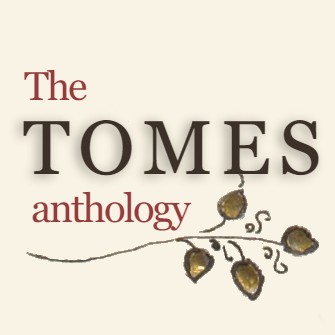Theme: Queer Studies
Texts
Introduction
Several of the works in this anthology have been approached using a queer studies lens. These include Hali Meiðhad, which, in its aim of promoting virginity, presents a fierce critique of heterosexual marriage. A contemporary religious guide known as Ancrene Wisse has also been approached using a queer studies lens—in part because of a passage which warns the women it addresses against sleeping in the same bed other women. The fourteenth-century Arthurian romance known as Sir Gawain and the Green Knight is also worth mentioning here; work by scholars such as Carolyn Dinshaw (1994) and David L. Boyd (1998) demonstrates that the poem rewards a queer studies approach.
Though less frequently studied, the selection from Gower’s Confessio Amantis also invites a queer studies approach. It recounts the story of a queen who is told that if she gives birth to a daughter, the daughter will be killed. When she does give birth to a daughter, the queen takes action; she disguises her child as a boy named Iphis. Iphis grows up as a boy and is referred to as ‘him’. The selection offers a fascinating case study for the exploration of medieval attitudes toward gender, sex and sexual orientation.
Krista A. Murchison, General Editor
